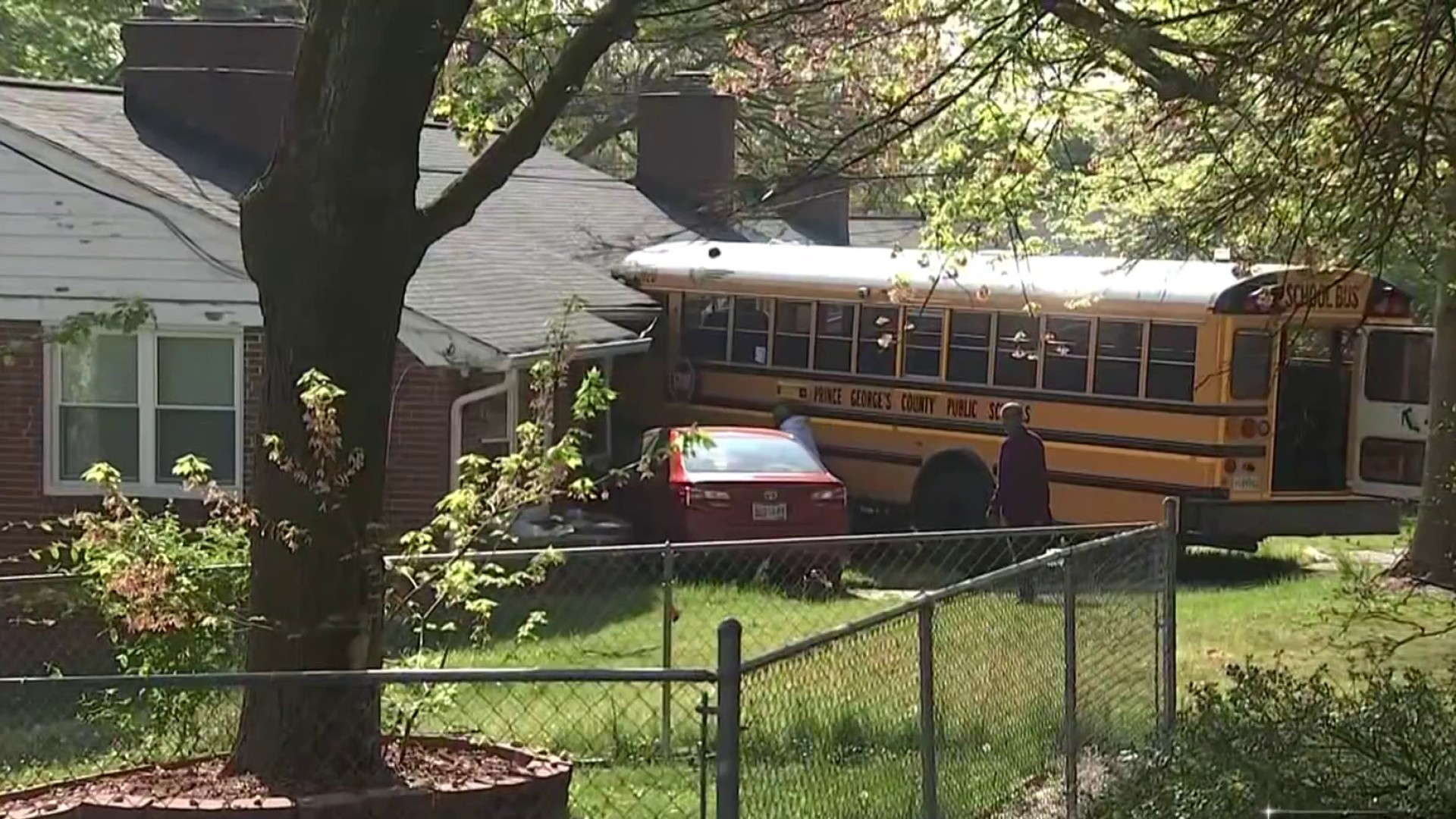Last Friday, the D.C. Council held a hearing on the city's snow removal efforts. It came just three weeks after the start of back-to-back snowstorms that flummoxed most of the region.
Public Works and Transportation Committee Chair Jim Graham was all set to hash over the city's response and entertain a proposed bill to enforce fines against homeowners and businesses that don't clear their public sidewalks after snowstorms.
But many of the witnesses barely mentioned the bill, focusing instead on other snow issues or even other transportation issues that also were part of the hearing.
Graham noted at one point that every year he introduces a bill to ban all fireworks in the District. He said it always gets lots of attention around the Fourth of July but then fades away.
Could snow removal face a similar fate?
This spring, with snow only a memory, will the council be inclined to add more resources to fighting snow in the face of looming budget deficits in the hundreds of millions of dollars? We think not.
We predict the city's public works and transportation people will put together some ideas, and that will be that.
Local
Washington, D.C., Maryland and Virginia local news, events and information
• Sidewalk Advocates
People who promote pedestrian safety and alternative forms of transportation aren't forgetting the mounds of snow so quickly.
"About half of D.C. residents commute ... other than by automobile," said David Alpert of GreaterGreaterWashington.org, which focuses on transportation issues.
Alpert and Cheryle Adams, an advocate for pedestrian safety, both urged the city to incorporate walking into its emergency snow response plans.
Adams said "greater mobility" in snowstorms is essential for seniors, handicapped people and small children.
• Do It Yourself
The Downtown Business Improvement District rallied its workers and contractors to help clear sidewalks and access ramps within the 138 blocks covered by the District. It focused particularly on the 7th Street corridor at Gallery Place.
• Most E-mails of the Week
The deluge that came last week wasn't the snow. It was e-mails from dozens and dozens of angry parents from Hardy Middle School. The campaign erupted after Schools Chancellor Michelle Rhee removed principal Patrick Pope from the Georgetown school.
D.C. Council Chairman Vincent Gray -- who's mulling a run for mayor -- entered the fray. He called on Rhee to keep Pope in place.
Hmmm. The Notebook wonders about that intervention. If he were elected, would a Mayor Gray overrule other decisions of his schools chancellor? If so, he would find himself quickly bogged down in the dozens of school-based disputes that the chancellor must confront.
We'll explore this more should Gray actually get into the campaign. We've already noted in previous columns that the chairman spoke at the teachers union rally last fall for fired teachers. Gray suggested that they be rehired (they weren't).
How much do we want our mayor, or mayoral candidates, involved in the operation of the schools?
• Barry fallout
As the Notebook said on the Kojo Nnamdi "Politics Hour" on WAMU last week, if Gray goes easy on Barry, he'll lose many voters who recoil at pretty much everything Barry does. If Gray goes too hard, he'll be seen as the tool of the white business class.
Those who know Gray were saying he would make up his mind after consulting the other council members who had to cast a vote on this.
• Good News
Over the weekend, the U.S. Navy christened and launched the USNS Charles Drew, a dry cargo/ammunition ship based in San Diego. The ship is named after the famed doctor whose "ground-breaking work led to the discovery that blood could be separated into plasma," according to a Navy news release. His method of storing blood is still used by the American Red Cross.
Longtime observers of the D.C. political scene know that Dr. Drew was the father of former Ward 4 D.C. Council member Charlene Drew Jarvis, a respected leader in her own right.
• A Final Word
Journalist LeRoy Tillman Jr. worked for the Associated Press in local Washington from 1985 until 1998.
He was a big, hulking man who laughed easily and devoured local news.
He later worked for the Washington Hospital Center.
Tillman died last month of heart ailments, but there was never a bigger heart.
At the funeral service, WTOP's Mark Plotkin said someone had told him that when Tillman left the hospital job, he remarked, "I don't want to be essential personnel anymore."
Tillman was essential to good journalism, and we could still use him.



